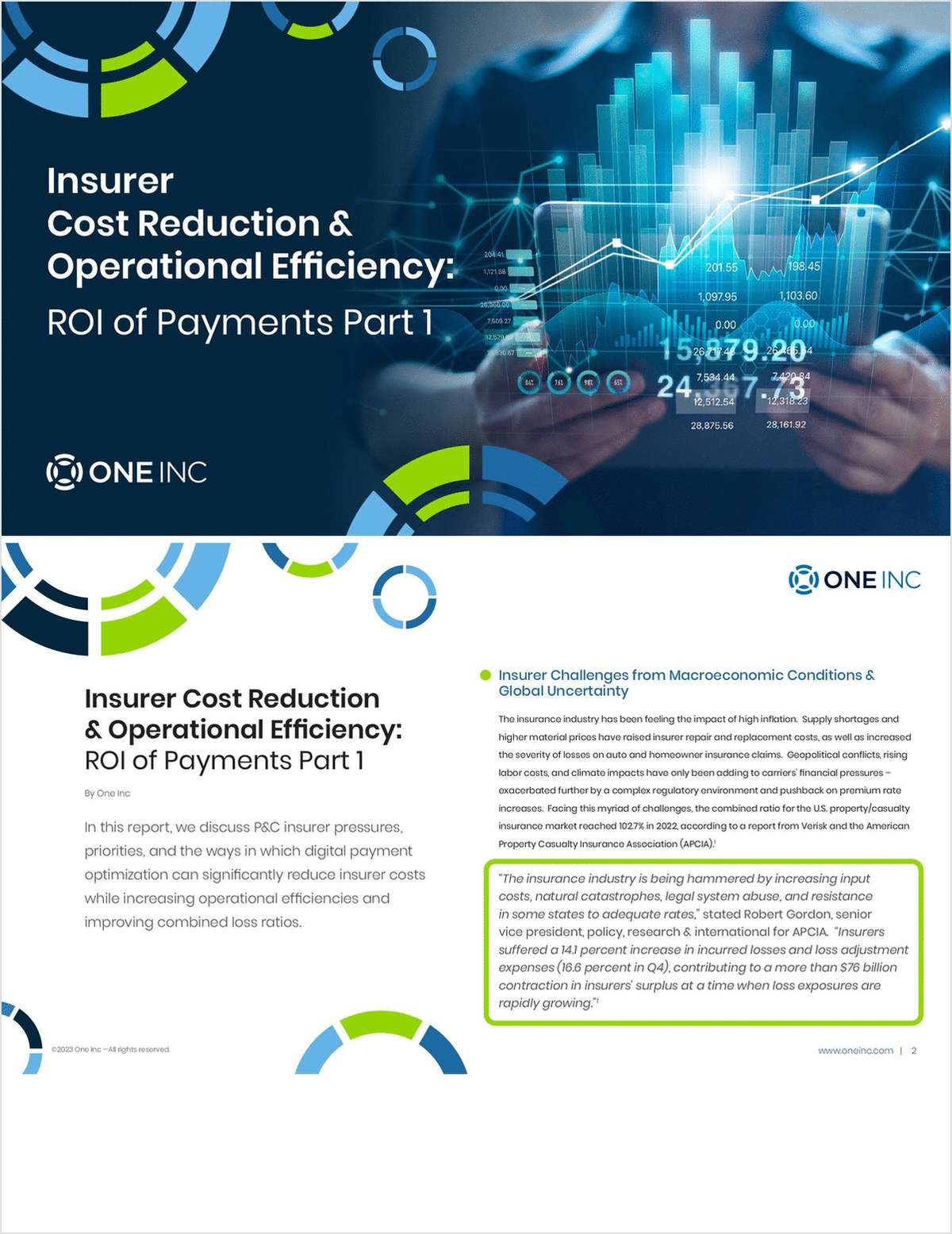A federal court ruling holding the Army Corps of Engineers–and, by extension, the U.S. government–liable for damage in New Orleans caused by Hurricane Katrina is unlikely to have much effect on the property and casualty industry, an Insurance Information Institute representative said.
Loretta Worters, vice president of the New York-based Institute, told NU the industry has already paid out most of its Katrina-related losses, so the ruling should not impact property insurers.
However, she said the ruling could open the government to exposure for millions of dollars in previously uninsured losses.
The case involved a suit brought by six plaintiffs who argued that the Corps did not properly maintain the Mississippi River Gulf Outlet (MRGO) leading up to Hurricane Katrina.
“The failure to maintain the MRGO properly compromised the Reach II Levee and created a substantial risk of catastrophic loss of human life and private property due to this malfeasance. Nothing the Corps has introduced into evidence tips the balance in its favor,” according to the decision, reached in the U.S. District Court, Eastern District of Louisiana, and written by Judge Stanwood R. Duval Jr.
“It is the court's opinion that the negligence of the Corps, in this instance by failing to maintain the MRGO properly, was not policy but insouciance, myopia and shortsightedness,” Judge Duval added.
“For over 40 years, the Corps was aware that the Reach II Levee protecting Chalmette and the Lower Ninth Ward was going to be compromised by the continued deterioration of the MRGO, as has been exhaustively discussed in this opinion,” he wrote.
The government is expected to appeal the ruling, according to published reports.
As for the possible liability to the government, Ms. Worters noted that the Flood Control Act of 1928 (FCA) protects the government from liability regarding flood damage, and said it will be interesting to see how the process plays out and what the government's ultimate responsibility will be.
Judge Duval addressed this matter in his decision, stating that the court denied a motion by the government contending that the court did not have jurisdiction over the subject matter in this case because of the FCA. The language in question in the FCA reads: “No liability of any kind shall attach to or rest upon the United States for any damage from or by floods or flood waters in any place.”
However, Judge Duval wrote, “this court found that the Corps could be held liable for damages arising out of activities surrounding a navigational channel, notwithstanding the fact that those actions caused the failure of certain levees.”
“For example, would the United States be immune for all damages if a Navy vessel lost control and broke through a levee where the sole cause of the failure of that levee was the Navy vessel's negligence?” he challenged.
Essentially, Judge Duval said the court is required to “identify the cause of the damage rather than base a decision on the mere fact that a flood control project was involved.”
Want to continue reading?
Become a Free PropertyCasualty360 Digital Reader
Your access to unlimited PropertyCasualty360 content isn’t changing.
Once you are an ALM digital member, you’ll receive:
- Breaking insurance news and analysis, on-site and via our newsletters and custom alerts
- Weekly Insurance Speak podcast featuring exclusive interviews with industry leaders
- Educational webcasts, white papers, and ebooks from industry thought leaders
- Critical converage of the employee benefits and financial advisory markets on our other ALM sites, BenefitsPRO and ThinkAdvisor
Already have an account? Sign In Now
© 2024 ALM Global, LLC, All Rights Reserved. Request academic re-use from www.copyright.com. All other uses, submit a request to [email protected]. For more information visit Asset & Logo Licensing.








